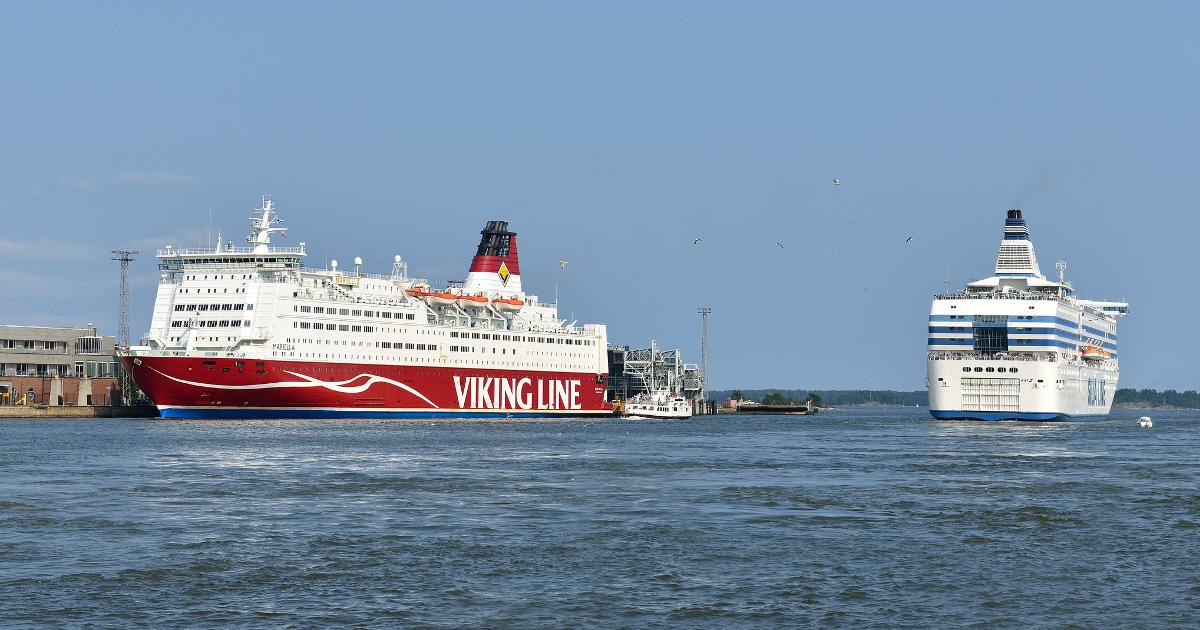Council of the EU agrees on the monitoring of CO2 emissions from maritime transport

Press release of the Ministry of Transport and Communications and Ministry of the Environment
The Council of the European Union agreed on member states' joint position on how to monitor and report CO2 emissions from maritime transport. The aim is to align the EU Regulation on CO2 emissions with the global data collection system for fuel oil consumption. The aim of the Finnish Presidency was to form a common position of the Council for the negotiations with the European Parliament. Finland's aim was achieved when the meeting of the committee of deputy permanent representatives of EU member states agreed on the position on 25 October in Brussels.
"Uniform monitoring of emissions from maritime transport plays a key role in efforts to reduce emissions. The Regulation helps collect important data on the emissions from maritime transport for the use of decision-makers, companies and consumers in the EU," says Minister of Transport and Communications Sanna Marin.
In the EU, the Regulation on CO2 emissions from maritime transport, the so-called MRV Regulation (monitoring, reporting and verification), is applied. It obliges all bigger cargo and passenger ships visiting ports of the European Economic Area (EEA) to collect data on and report their CO2 emissions.
In February 2019, the European Commission proposed partial alignment of the Regulation with the data collection system of the International Maritime Organisation, IMO, adopted in 2016. The regulation proposal was first discussed in the Council of the European Union in the spring and the discussion has continued during the Finnish Presidency.
The current EU Regulation is stricter than the global IMO system, because it obliges to collect more data on the emissions of the vessel, the data must be verified by accredited verifiers, and the emissions data of individual ships is published in the Commission's annual report.
According to the Council's position, the EU Regulation will be brought in line with the IMO system in terms of the data to be collected and the definitions of the terms, for example. Data on a vessel's emissions and cargo will be collected also in future. The data will be verified and published as now.
The scope of the Regulation includes around 11,000 vessels. Maritime transport accounts for over 13 per cent of greenhouse gas emissions in the EU transport sector.
What next?
In the next stage, the European Parliament will discuss the regulation proposal. Once the Parliament has submitted its position, the negotiations between the Parliament, Council and Commission will continue in the so-called tripartite negotiations. After these three parties have reached an understanding on the contents of the regulation, it will be adopted.
Inquiries:
Pirita Ruokonen, Special Adviser to Minister Marin, tel. tel. +358 50 911 3099, [email protected]
Päivi Antikainen, Director of Unit, Ministry of Transport and Communications, [email protected], tel. tel. +358 50 382 7101, [email protected]
Sirkku Jaakkola, Senior Specialist, Ministry of Transport and Communications, tel. tel. +358 50 470 8030, [email protected]
Elina Vaara, Senior Specialist, Ministry of the Environment, tel. +358 50 572 3942, [email protected]



